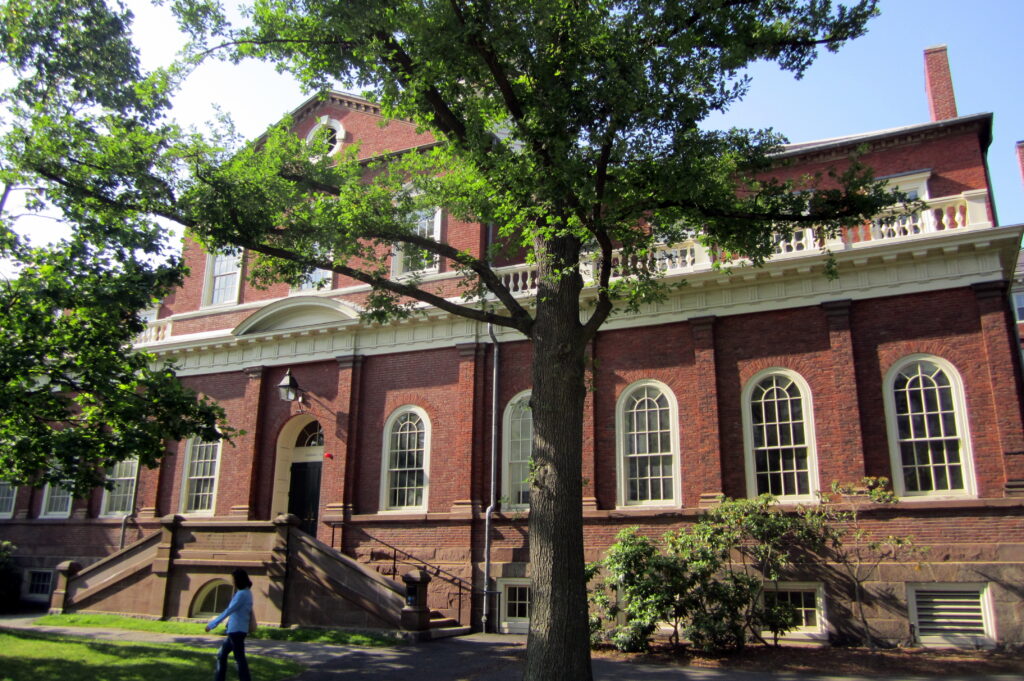
Massachusetts has always taken seriously the idea of education. The Bay State has both the nation’s oldest public school — Boston Latin School — and the nation’s oldest institution of higher learning – Harvard College. Massachusetts recently made great strides in education for incarcerated persons, and Pell Grants played a critical role.
An article by Ivy Scott of The Boston Globe says that prior to this year, the Massachusetts Department of Corrections collaborated with Boston College, Northeastern University, and Mount Wachusett Community College to offer education to the incarcerated who required financial aid. Emerson College, Tufts University, and Massasoit Community College will offer such programs beginning in 2024.
“There is a strong demand for college education in prison, and we are looking forward to trying to meet that demand,” Mneesha Gellman, director of the Emerson Prison Initiative, told the Globe. “Access to Pell would allow more financial stability, so we are definitely looking at Pell with interest.”
Massachusetts education innovations allowed Emerson College to offer a bachelor’s degree in media, literature, and culture to incarcerated persons at medium security prisons since 2017. Pell Grant expansion, which took effect July 1, makes it possible for the college to increase its offerings, the article said. Pell Grants are federal parcels of money for undergraduate college students.
In 1994, President Bill Clinton’s Violent Crime Reduction and Crime Prevention Act made incarcerated persons ineligible for Pell Grants. The Globe reports that ineligibility remained intact for over 20 years until the Obama administration partly reversed the ban with a pilot program that allowed incarcerated persons to work in partnership with 67 higher education institutions that had started prison education programs.
The Vera Institute of Justice lobbied for restoring Pell Grants for incarcerated persons. Its managing director Margaret diZerega said in the article that the expanded access lifted eligibility restrictions. “All students, regardless of conviction type or sentence length, can access their Pell eligibility,” said diZerega. “It also means colleges beyond those that are part of this pilot program can apply to partner with a corrections department and launch a new college in prison program.”
According to Scott’s article, the FAFSA – the federal Free Application for Federal Student Aid – often presents unique problems for incarcerated students. Tressa Stazinski, the Mount Wachusett Director of Correctional Education, said that students who had defaulted on student loans prior to prison now have no way of repaying the debt, which disqualifies them from Pell Grants.
“We’re learning how to support potential students so they can be Pell eligible, and finding other routes to solve that problem,” Stazinski told The Globe. She added, “They created an entirely different FAFSA for the upcoming school year… so it’ll be interesting to see if certain aspects of the process change.”
According to the article, Tufts, Boston College, and other private universities rely on donors to fund most incarcerated education, but public schools depend completely on federal financial aid for such programs. The federal Department of Education requested $24.3 billion in the federal budget for Pell Grants this year. This level of funding increased the annual maximum grant to about $7,400 per student.
In December 2021, the San Quentin News reported Bureau of Justice Statistics calculations that say that incarcerated persons with an associate’s degree have a recidivism rate of only 14%. Recipients of bachelor’s degrees have a 5.6% rate of recidivism, and incarcerated persons who have achieved a master’s degree have recidivism rate of 0%.